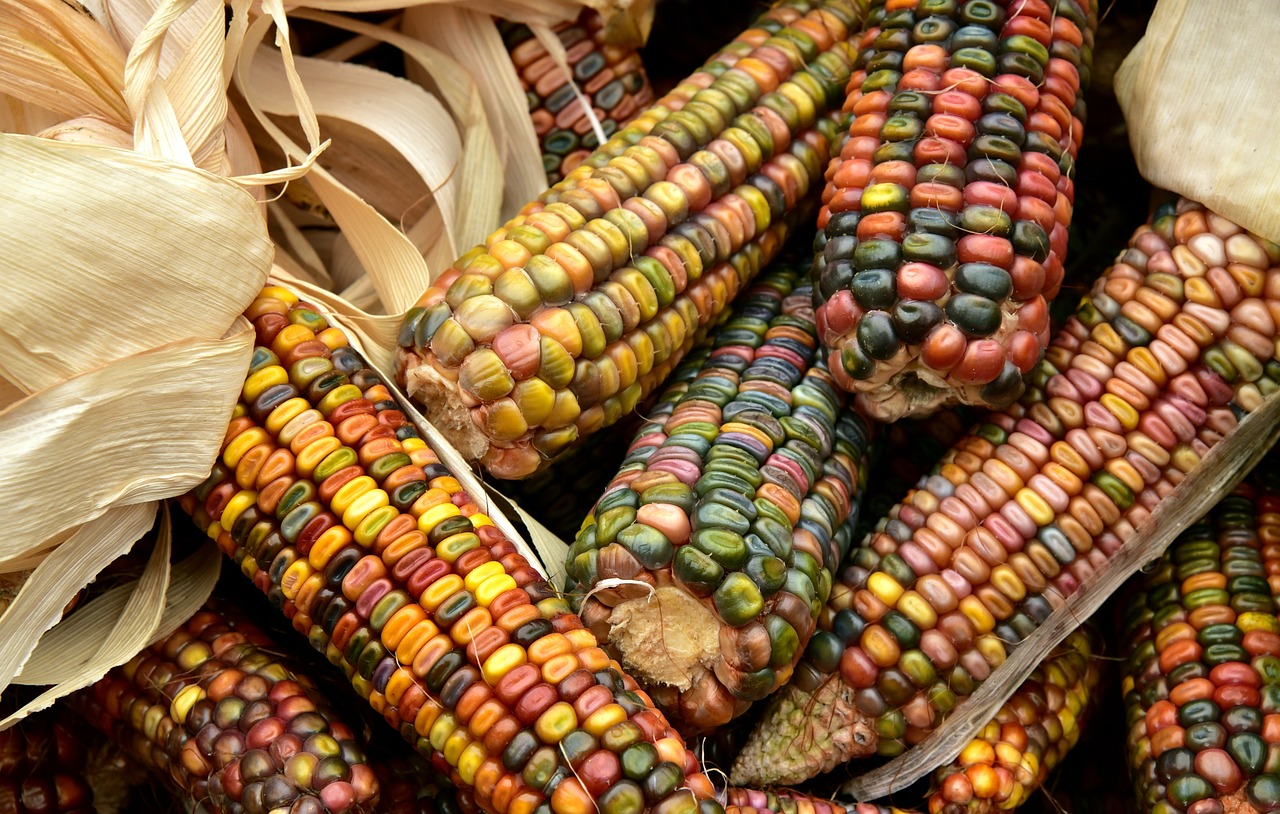
Could the dominance of the Chicago-based grain trading system be coming to an end?
A new report suggests that BRICS leaders have their sights set on doing just that to ensure grain accessibility for developing nations grappling with food shortages.
According to this analysis, the strategic focus on grain forms part of a larger trend of de-westernisation in commodities trading, with implications for global markets, including those in Ireland.
Dating back to the mid-19th century, Chicago emerged as the epicentre of grain trading, facilitated by its strategic location at the crossroads of major transportation routes and its proximity to vast agricultural regions.
At the heart of this dominance lies the Chicago Board of Trade (CBOT), established in 1848, which pioneered standardised futures contracts for agricultural commodities. These futures contracts allowed farmers and merchants to hedge against price fluctuations, ensuring stability and liquidity in the market. The introduction of futures trading revolutionised the grain industry, attracting traders and investors from around the world to participate in the bustling Chicago markets.
Moreover, the Chicago Mercantile Exchange (CME) became a key player in the grain trading ecosystem after its merger with CBOT in 2007, further solidifying Chicago’s position as a global hub for agricultural derivatives trading. The CME Group, as it became known, expanded its product offerings and enhanced trading technologies, catering to the evolving needs of market participants.
In 2024, food insecurity plagues developing nations like Yemen, South Sudan, and Afghanistan, exacerbated by ongoing conflicts, climate-related disasters, and economic instability. These crises have disrupted food production, distribution, and access, leaving millions at risk of hunger and malnutrition. Additionally, the COVID-19 pandemic continues to strain resources and exacerbate vulnerabilities, further deepening the food insecurity crisis.
During a briefing to the U.N. Security Council on Wednesday, it was revealed that one-third of Sudan’s population, totalling 18 million people, is currently grappling with acute food insecurity.

